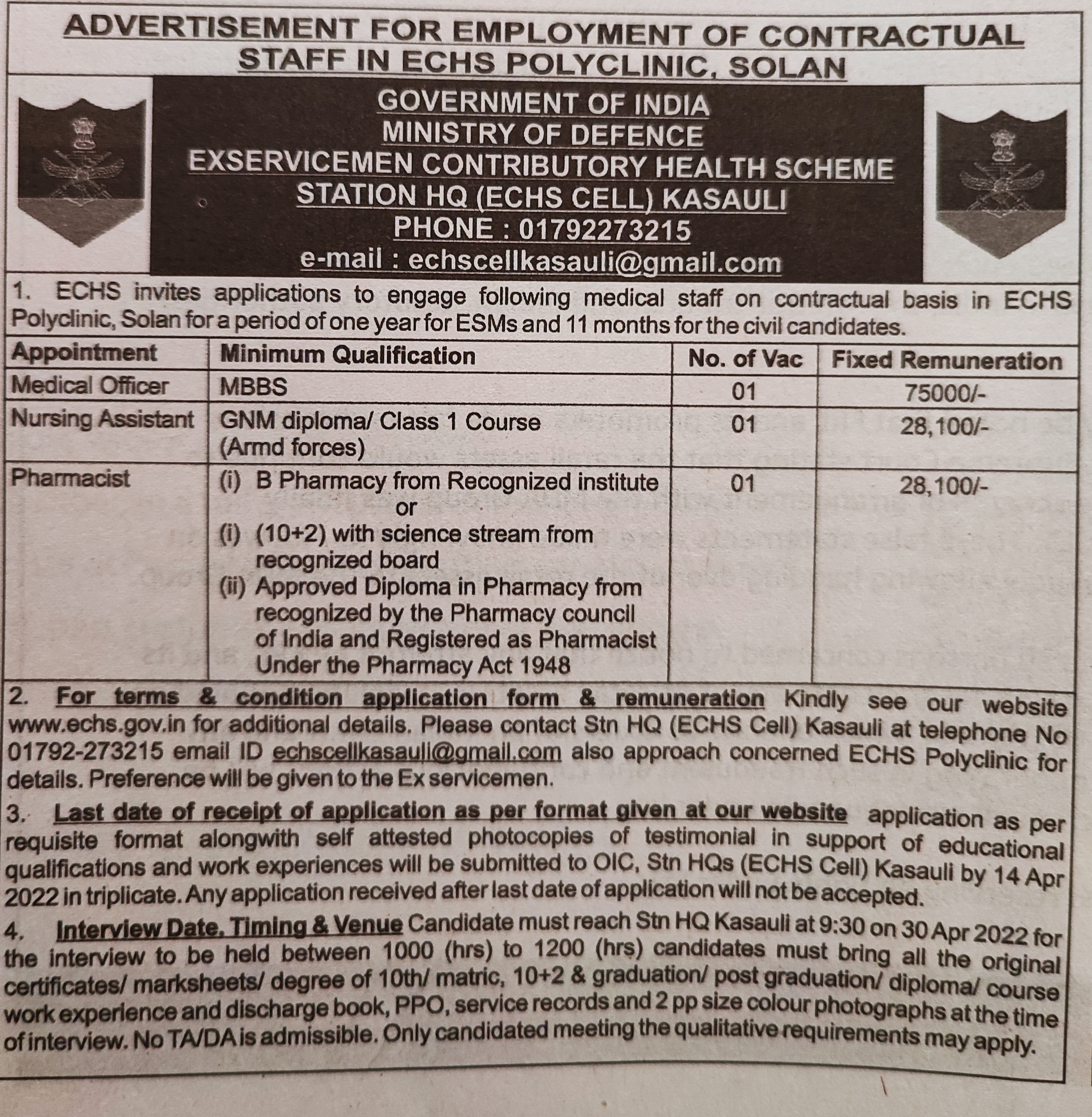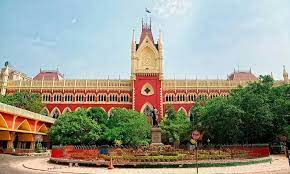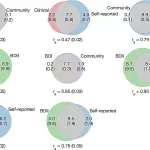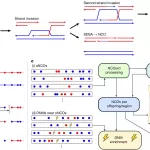A new study published today in Menopause found a link between traffic-related air pollution (TRAP) and depression in women. The study also found that the association between TRAP exposure and depression may be partially mediated by menstrual cycle characteristics.
“This study highlights the association between traffic-related air pollution and depression in reproductive-aged women,” says Dr. Stephanie Faubion, medical director for The Menopause Society. “The findings also showed a significant independent effect of socioeconomic status (SES) and reproductive health factors on risk for depression.”
The study involved nearly 700 healthy reproductive-aged women. Researchers found that TRAP exposure was related to depression in women, and this association was independent of a host of sociodemographic and health factors, as well as menstrual cycle characteristics.
“The SES-depression links are especially troublesome because TRAP exposures disproportionately burden lower SES people, potentially setting the stage for a clustering of risk factors for poor mental health in vulnerable persons,” says Dr. Faubion.
The study’s findings suggest that traffic pollution may be a contributing factor to depression in women. More research is needed to determine the mechanisms underlying this association.
Here are some other key points from the study:
- TRAP exposure is linked to a number of adverse health outcomes, including psychiatric health conditions.
- Minority and poorer populations are more likely to live in high-traffic areas and be exposed to TRAP.
- TRAP exposures have been linked to a number of adverse reproductive health outcomes.
If you are concerned about the effects of traffic pollution on your health, talk to your doctor.











